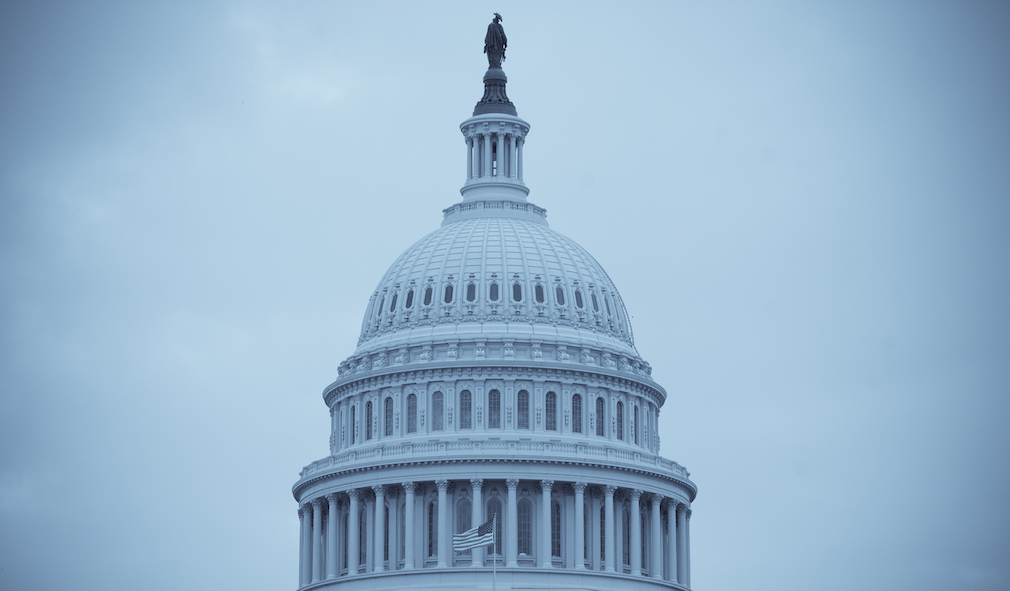For the second time in the last eight months, the director of the Consumer Financial Protection Bureau stands accused of violating federal election law.
Last time, it was former CFPB Director Richard Cordray under the election law microscope, when Republicans accused Cordray of allegedly violating the Hatch Act by using his position at the CFPB or his government email and phone to communicate in any way about his eventual run for governor of Ohio.
The Office of Special Counsel cleared Cordray of any election malfeasance, but now, it’s Cordray’s replacement who could be facing a Hatch Act investigation.
On Tuesday, several prominent Democrats accused CFPB Interim Director Mick Mulvaney of violating the Hatch Act, which prohibits federal employees and cabinet members from using their official position to influence an election.
At issue are some statements that Mulvaney made when addressing the American Bankers Association’s conference last week.
During Mulvaney’s speech, the CFPB director made reference to how the bankers in the crowd might be able to gain influence in Washington.
A report from TheHill.com recaps the remarks in question:
Mulvaney said he “had a hierarchy in my office in Congress” in which he valued the opinions of his South Carolina constituents over lobbyists who donated to his campaigns.
“If you were a lobbyist who never gave us money, I didn't talk to you. If you were a lobbyist who gave us money, I might talk to you. If you came from back home and sat in my lobby, I would talk to you without exception, regardless of the financial contributions,” Mulvaney said.
According to several top Democrats, Sens. Sherrod Brown, D-Ohio; Dianne Feinstein, D-Calif.; and Ron Wyden, D-Oregon; Mulvaney’s remarks could be construed as an indication that bankers might be able to successfully lobby the CFPB for changes to the agency’s banking regulations.
“In his official capacity as Interim Director of the CFPB, he suggested to 1,300 bankers and lobbyists that they increase their campaign donations as a way to influence lawmakers,” the Democrats write in a letter to the Office of Special Counsel. “If the initial reporting by the New York Times is accurate, it raises troubling questions about whether his statements ran afoul of the Hatch Act, which prohibits employees in the executive branch of the federal government from soliciting political contributions from any person.”
The Democrats also suggest that Mulvaney’s comments about the “hierarchy” in his office provide more evidence about potential lobbying avenues.
“He appears to have suggested to the audience of bankers and lobbyists that if they make political contributions, they will get policy changes that they seek,” the Democrats write. “These comments reinforce the American public’s worst fears about a corrupt Washington establishment that sells access and is rigged for special interests with teams of lobbyists and deep pockets.”
To that end, the Democrats want the OSC to investigate whether Mulvaney’s comments violate the Hatch Act.
“Our ‘We the People’ republic depends on public officials serving the public, not using their public trust to consolidate power or enrich themselves or their associates, which is exactly why the Hatch Act exists,” the Democrats conclude. “As we see in countries across the globe, the abuse of public office undermines governments’ legitimacy and representative democracy.”
The letter is signed by Sens. Brown, Feinstein, and Wyden, along with Sens. Jeff Merkley, D-Oregon; Catherine Cortez-Masto, D-Nevada; and Bernie Sanders, I-Vermont.







